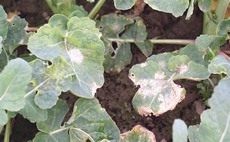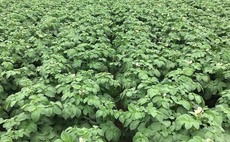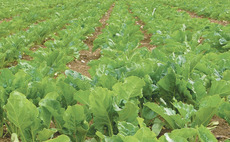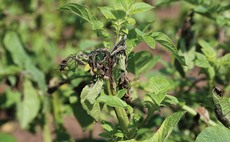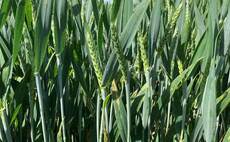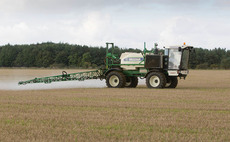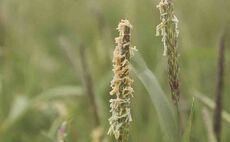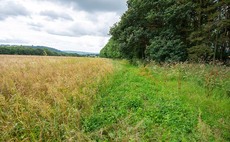Agronomy
Arable
The fifth Groundswell event was the biggest yet, welcoming farmers to cultivate new ideas and dig the dirt on regenerative farming techniques. Alice Dyer and Chloe Palmer went along.
Arable
The majority of oilseed rape-growing counties across the UK recorded positive results for light leaf spot disease in leaf samples sent to Bayer’s SpotCheck service from October 2020 to March 2021.
Arable
With potato crops making up for a slow start to the season, Farmers Guardian catches up with agronomists in the East and the South West for the latest agronomy advice.
Arable
Stewardship guidelines aimed at protecting workers hand-pulling bolters and weed beet from sugar beet crops were introduced by Bayer in 2018 with the intention of promoting product stewardship and operator safety.
Arable
Hutton Criteria disease warnings have been declared in key potato-growing areas.
Arable
In conjunction with Bayer we will be keeping track of winter wheat development over two cultivation strategies, and using Rapid Disease Detection results to monitor disease progress through the season.
Arable
Practical glyphosate application guidelines, published by the Weed Resistance Action Group (WRAG), aims to help arable growers reduce the increasing risk of glyphosate resistance developing in grass-weeds.
Arable
The result of the temptation to drill earlierlastautumn to ensure crops were safely in the ground is evident insome fields as highnumbers of black-grass headsemerge above the crop.
Arable
Farmers are being asked to assist in a new study looking at the spread of rat’s tail fescue, a grass-weed that is already posing problems in France, Switzerland, Spain and Denmark - and is now starting to take hold in England
Arable
What a rollercoaster ride this season is turning out to be; cold, dry, hot and wet, spring has had a bit of summer, autumn and winter in its making.


 28 June 2021
•
3 min read
28 June 2021
•
3 min read
